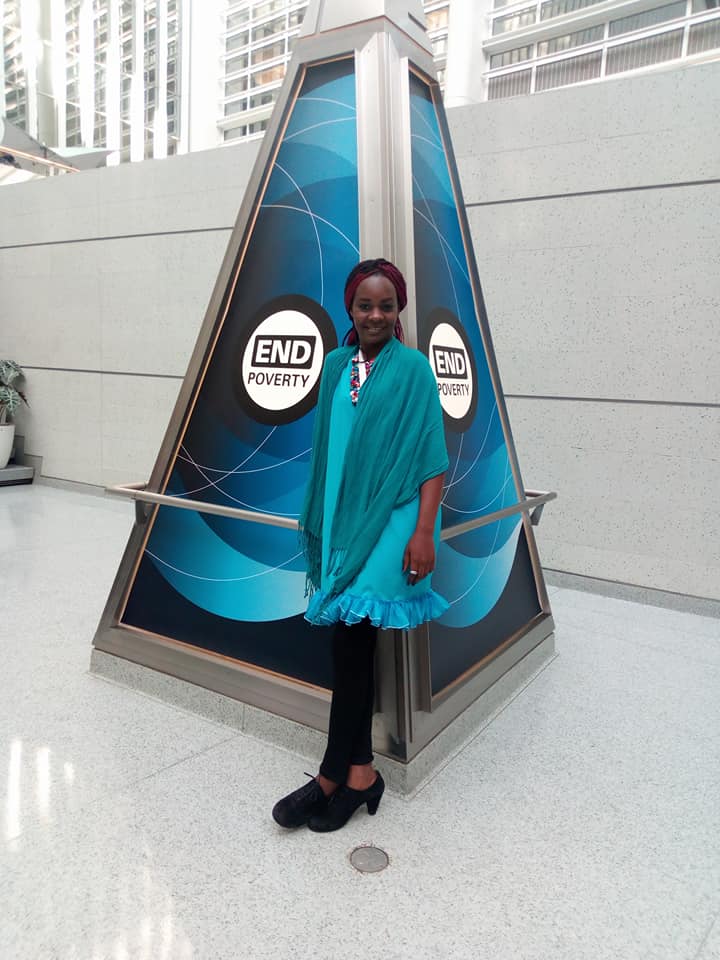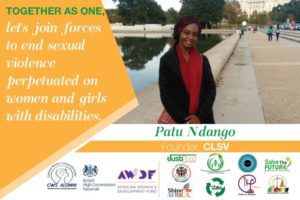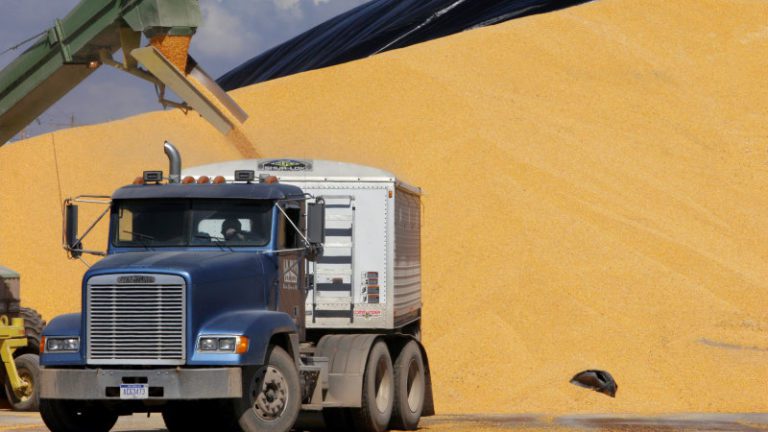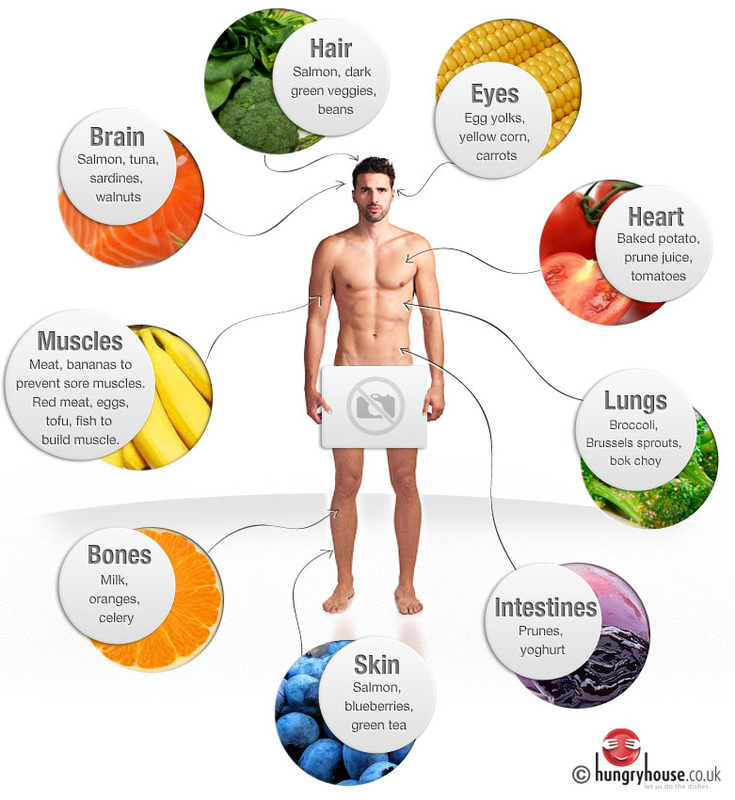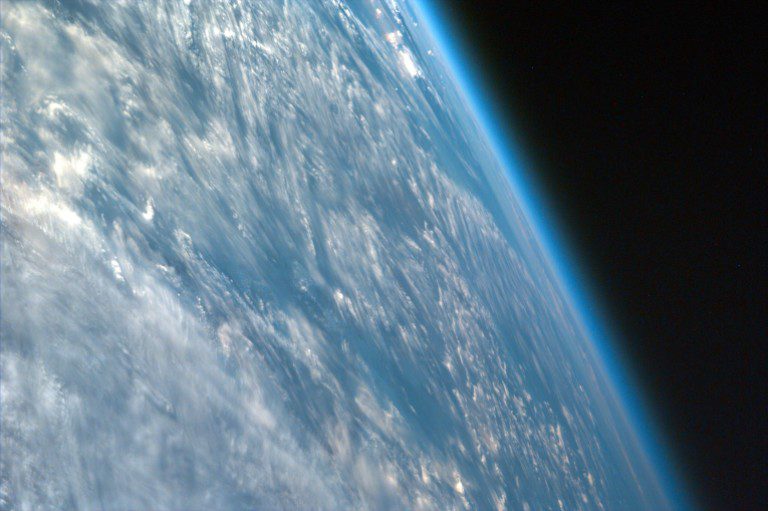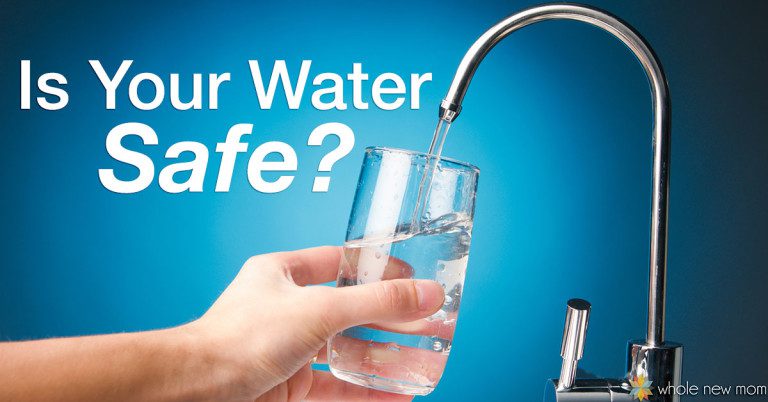Energime Institute- Patu tell us a bit about yourself. How did you decide to become an advocate for the environment and women specifically?
I believe in the ability of youths to create opportunities for themselves and for others as a means of fighting unemployment. This pushed me to create my own social enterprise known as Closed-Loop System Ventures (CLSV) in 2016. This was also a means for me to impact my society by transforming environmental challenges into opportunities. At CLSV, we deal with the collection of organic plant and animal wastes from various sources and transforming it into organic fertilizer. Organic waste which ends up in landfills and open dumpsites causes so many environmental problems such as the release of methane into the atmosphere which is potent greenhouse gas about 84 times more powerful than carbon dioxide. It also produces leachate, a toxic liquid which sips into the soils and underground water where it poses a threat to human health and the surrounding ecosystem.
The organic fertilizer produced is then used to promote the practice of carbon farming which is a climate-smart farming practice that leads to the sequestration of carbon in the soils. The resulting organic fertilizer has the following benefits among others:
- It improves soil fertility without causing any harm to the environment.
- It promotes the growth of healthy plants which are more resistant to pest attack and thus reducing the high cost associated with pest management.
- It leads to the production of premium quality products with a longer shelf life.
- It has no negative health impact on consumers thus leading to healthier lifestyles
We have as a goal to reduce the amount of organic waste matter that ends up in landfills and open dumpsites by at least 80% by the year 2023.
Our long-term vision is to expand our valorization scheme to include other forms of waste such as plastic bottles, tires, papers and metals among others and to become the largest waste valorization company in Africa.
Some projects I have been actively involved in include the “Operation 1000 Trees” project which was a three days project implemented in the Northern region of Cameroon in 2016 and which was marked by the planting of 1000 trees in this region. It was equally marked by a cleanup campaign and an exchange talk with youths on how they can get involved in the fight against climate change and environmental degradation; clean-up campaigns in the city of Yaounde where we engage the youths in keeping our environment neat and healthy; environmental sensitization programs in schools to educate the children from the very young ages on environmental issues and transform them into responsible citizens. I derive a lot of satisfaction from working to protect the environment and positively impacting the lives of others.
In terms of my involvement in community service and associations, I am the Co-founder and Vice president of YEASD-Africa (Youth Environmental Alliance for Sustainable Development), an association created in 2014 which aims to mobilize youths in the fight against Climate change and Environmental degradation. I am equally the Financial Secretary of the Cameroon Women’s Scholarship Alumni Association (CWSA) which is an association of former recipients of the Cameroon Women’s Scholarship, a scholarship offered by the British High Commission Yaounde to women who have demonstrated leadership potentials. Within this association, we carry out numerous projects and activities aimed at empowering women especially economically and education-wise.
I grew up in the political capital of Cameroon known as Yaounde where I did my primary and secondary education. After my secondary education, I moved to the southwest region of Cameroon in 2009 where after three years of intensive studies, I obtained my Bachelor’s degree in Environmental Science and graduated as the second best student in the department with a cumulative GPA of 3.24. In 2014, I got into the prestigious International Relations Institute of Cameroon where I did my masters in International Relations, specializing in Environmental Management and Sustainable Development. To finalize my studies in this school, I am currently conducting my end of course research with title “Climate Change: Assessing the Vulnerability of the Crop Farming Sector in The Lake Chad Basin” which will help in recommending sustainable ways of increasing crop yield, adapting to climate change and having climate resilient farming systems.
Energime Institute- What inspires you and motivates you to pursue this work?
Whenever I walked along the streets of Yaounde, I noticed the numerous open dumpsites found every step of the way. The indiscriminate disposal of waste within our urban setting was a concern to me. Cameroon and most African countries have become overwhelmed by the amount of waste produced daily whose management has become practically impossible due to the lack of a proper waste management system which integrates the 4Rs. I decided not to sit back and wait for action from others. I had to take the lead to promote a circular economy through waste valorization. I was therefore inspired by the need to create value out of our everyday waste streams, provide an alternative source of income for families and also promote sustainable and climate-smart agricultural practices. I believe in the numerous opportunities that the waste management sector can provide which is the main motivation behind my actions. To make people take advantage to create better lives. To get off the job search market and become a solution provider to common problems.
I have always had a burning desire to impact my country and Africa at large in the struggle against environmental degradation. This burning desire justifies my chosen academic and career path. It equally justifies my involvement in various environmental associations, projects, and activities.
Energime Institute- What are the benefits and advantages of living in Cameroon and doing your work there?
Living in Cameroon and doing my work here is something I derive pleasure from doing despite the challenges we face every day. The waste management system in Cameroon is still poorly developed and needs people like me who have innovative projects to tackle the issue. The amount of biowaste being produced and discarded every day is alarming but at the same time, it is an opportunity that can be harnessed to become the largest supplier of natural fertilizer not just in Cameroon but in neighboring countries as well. Thus, some of the advantages of living and doing my work in Cameroon include:
- Access to an abundant and diverse supply of biowaste such as food waste, animal manure, agricultural waste and forestry waste among others.
- Readily available human resources for various work requirements.
- Over 70% of the Cameroonian working population is involved in agriculture which provides a huge potential market for the resulting agricultural input (natural fertilizer).
- Cameroon is equally surrounded by neighboring countries such as Chad Republic, Gabon, Equatorial Guinea and Nigeria where the end products from waste valorization can be exported to.
- Living and doing my work in Cameroon is easier for me because it is an environment which I already master the most and thus, I will be better prepared for the challenges that come my way.
- I equally have a support system that helps me to forge ahead in the midst of challenges and difficult periods. This support system is made up of family and friends.
These are some of the reasons that make my work in Cameroon advantageous.
Energime Institute-What does Cameroon as AFRICA IN MINIATURE mean to you?
Cameroon is a country endowed with so many natural resources. As a matter of fact, almost every natural resources found in other African countries can be found in Cameroon. Cameroon is so diverse not just in terms of natural resources but also in terms of its culture, languages, food, climatic conditions and geographical landscapes.
Cameroon has over 200 indigenous groups with different languages and customs. some of the indigenous populations have cultures that relate to that of other countries such as the “Bakwerians” in the South West region whose culture is closely related to that of the Igbos in Nigeria. This is the case with many other cultures which are similar to those of other countries.
Cameroon is a bilingual country where the official languages are English and French. While other African countries speak either English or French, Cameroon is blessed to have both English and French as official languages.
In terms of food and culinary richness, Cameroon has abundant food which cuts across the continent. We grow almost everything that you will find in other African countries. Little wonder Cameroon is known as the melting point of African dishes. It is difficult for an African to feel homesick while in Cameroon due to food. Our ten regions are all characterized by dishes which are unique to the regions but similar in some way to dishes from other African countries.
Cameroon’s geographical landscape and climatic conditions are representative of the African continent. We have forests, deserts, mountains (Mount Cameroon in the Southwest region being the highest mountain in West Africa), coastlines and savannahs. All of these in one country, Cameroon. Cameroon has different weathers depending on the terrain and region. The weather ranges between tropical along the coast to semi-arid and hot in the northern regions. Some regions and cities, in particular, are characterized by extreme cold weathers, others by extreme hot weathers while others have average weather.
In a nutshell, Cameroon is a country which is highly diverse in different aspects that sometimes relate to other African countries.
Energime Institute-What is your vision for the future for Africa and Cameroon?
My vision for the future of Africa is to have more united and collaborative young generations who do not focus on what makes them different but rather on what identifies them as one people. Africa needs us to jointly take action in resolving some of our pressing problems which generally cuts across different sectors from education, health, transport, and environment among many others. My dream is to see an Africa where the youths transform all these numerous challenges into opportunities that get them out of the job search market. Opportunities that help reduce the high rate of youth unemployment common in most African countries. I dream of an Africa where meritocracy is the governing value of every institution and organization. This will help retain all our brilliant African youths who have innovative ideas, projects, and solutions to help in the development of the continent. I believe that having systems in which meritocracy is the watchword, many young Africans will be encouraged to stay home or return home after their training abroad in order to partake in the development of the continent. The African youths are so creative and have a lot of potentials to unleash. I pray for better systems that help the youths unleash their potentials.
Energime Institute-What do you think should be collectively done to accomplish that vision?
I think everybody has a role to play in achieving that vision. It begins by taking advantage of international opportunities that bring the youths together to brainstorm on common problems and collectively work to solving Africa’s problems. It is important for every African youth to have the opportunity to connect and network with Africans from other countries as well as with people from other continents. This kind of interconnection helps shape our minds in various ways. It helps us to accept others despite our differences and seek common goals to achieve together. It also helps us to break those barriers and boundaries that exist between us and to understand that distance is not a barrier. So many great projects can be initiated and implemented in several countries through international connections. The more we get the chance to connect as Africans and learn common values, the higher the chances of having a generation of future ethical leaders who will be governed by the core principles of meritocracy and collaboration.
I have had the opportunity to participate in a few international programs thanks to which my mindset has been shaped to see Africa as one and to always seek for solutions which will be beneficial not just to Cameroon alone but to the entire continent as a whole. I was recently selected as one of 200 Obama Leaders for the inaugural class of the Obama Foundation Leaders: Africa Program. Through this program, I had the opportunity to meet impressive Africans from different parts of the continent. Strong bonds have been created among some of us and will continue to be created which will help birth powerful solutions to common problems. Such bonds were equally created when I participated in other programs such as the Tech women Emerging Leaders Program in the USA, the Young African Leaders Initiative leadership program that took place in Nigeria and the Tony Elumelu Foundation Entrepreneurship program.
Interacting and connecting with all these amazing people that are doing amazing things is a perfect way to learn best practices and to take back positive values home from the intensive learning, mentoring and networking programs.
It is also a call for us to impact other youths in our communities with what we have learned and to train the next generation of ethical leaders who will help shape our institutions, governments, and continent as a whole.

